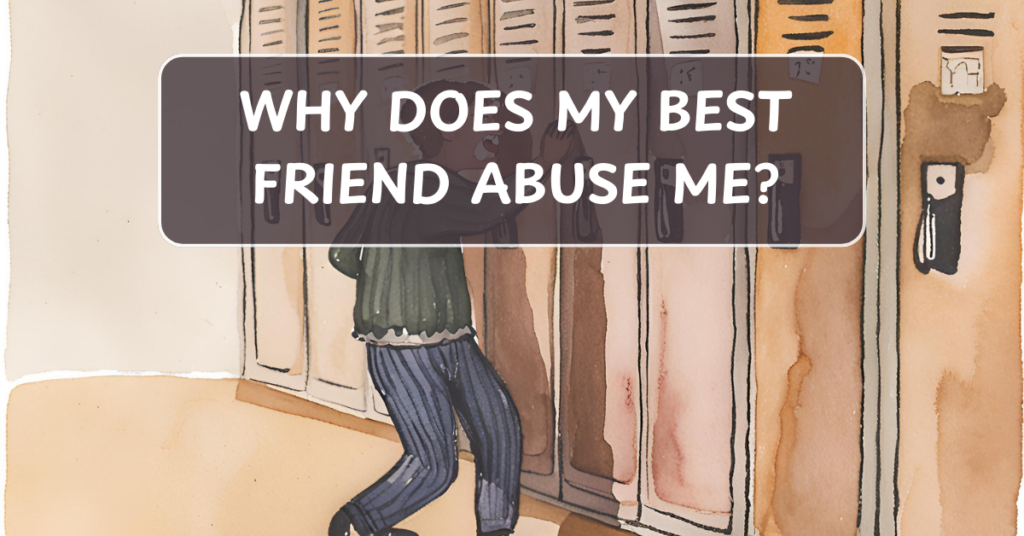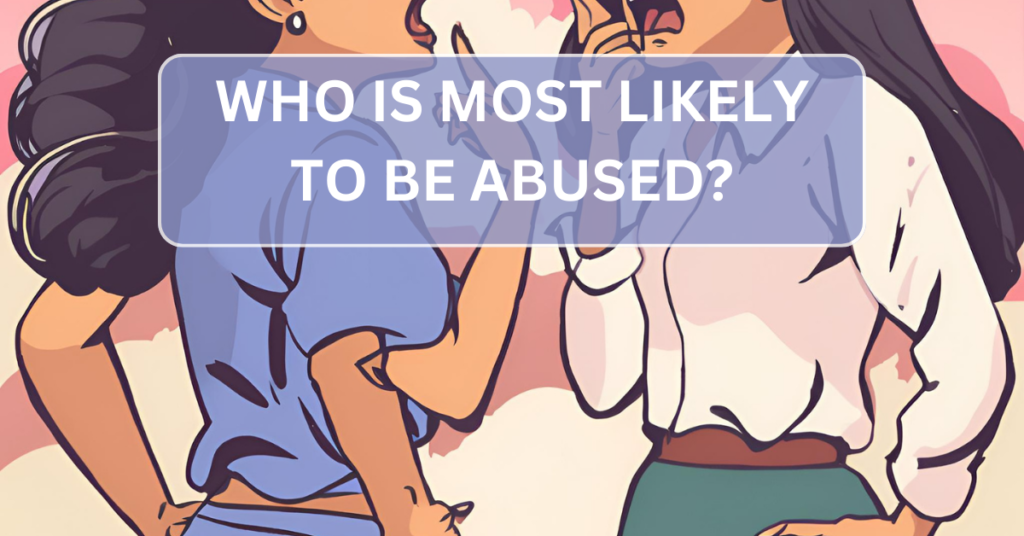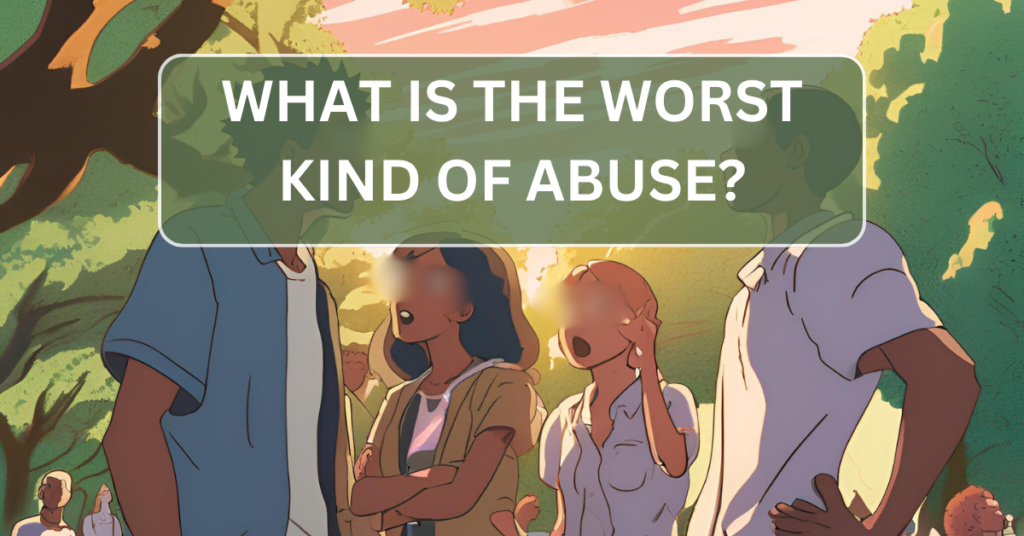
Friendships are built on trust, mutual respect, and care. When your best friend, someone you deeply trust, starts to abuse you, it can be confusing and painful. Abuse in a friendship may not always involve physical harm—it can take the form of emotional manipulation, constant criticism, neglect, or even controlling behavior. If you’re asking, “Why does my best friend abuse me?” you’re not alone, and understanding the possible reasons can help you take steps toward healing and setting boundaries.
1. Unresolved Personal Issues
Sometimes, abusive behavior stems from issues your friend is dealing with, such as:
- Low Self-Esteem: They may try to bring others down to feel better about themselves.
- Past Trauma: Unresolved trauma or abusive experiences can lead them to replicate unhealthy patterns.
- Mental Health Struggles: Anxiety, depression, or anger issues may contribute to hurtful behavior.
While these factors don’t excuse abuse, they can help explain why it’s happening.
2. Need for Control
Abusive friends often seek control over others to feel secure. This might manifest as:
- Manipulating Your Choices: Making you feel guilty for decisions they don’t agree with.
- Jealousy: Trying to isolate you from other friends or relationships.
- Using Fear or Intimidation: Creating an environment where you feel you can’t stand up to them.
Their need for control often reflects their own insecurities and fear of losing you.
3. Lack of Boundaries
In some cases, your friend may not understand appropriate boundaries in a relationship.
- Overstepping Limits: They might demand too much of your time or invade your privacy.
- Criticism Disguised as Honesty: They may believe they’re “helping” by pointing out your flaws, but it crosses the line into harmful behavior.
- Taking Advantage: Relying on you for support without reciprocating.
4. Toxic Behavior Patterns
Your friend might have grown up in an environment where toxic behavior was normalized.
- Learned Behavior: They may have witnessed or experienced abusive relationships and see them as “normal.”
- Lack of Emotional Awareness: They might not realize how their actions affect you.
5. Envy or Resentment
Sometimes, friends can harbor jealousy or resentment toward each other, leading to abusive behavior.
- Jealousy Over Success: If you’re thriving in an area they struggle with, they might lash out.
- Competition: Seeing you as a rival rather than a friend.
- Unspoken Grudges: Resentment over past conflicts that were never resolved.
How to Address the Situation
1. Acknowledge the Abuse
The first step is recognizing that your friend’s behavior is abusive. Abuse in a friendship is not normal or acceptable, no matter the circumstances.
2. Set Boundaries
Communicate your needs and limits clearly. For example:
- “I need you to stop criticizing me constantly—it’s hurtful.”
- “I won’t tolerate being manipulated or guilt-tripped anymore.”
If they respect your boundaries, there’s hope for change. If not, it may be time to reconsider the friendship.
3. Talk to Them
Sometimes, addressing the issue directly can help. Express how their behavior affects you:
- Use “I” statements to avoid sounding accusatory: “I feel hurt when you belittle my choices.”
- Give them an opportunity to explain or reflect.
4. Seek Outside Help
If the abuse is severe or ongoing, consider speaking with a therapist or counselor. They can provide guidance and support as you navigate the situation.
5. Walk Away if Necessary
If your friend refuses to change or their behavior worsens, it’s okay to end the friendship. Protecting your mental and emotional health should always be a priority.
You Deserve Respect
Friendships should lift you up, not tear you down. If your best friend is abusive, it’s not your fault, and you’re not responsible for their behavior. Surround yourself with people who value and respect you, and know that letting go of a toxic friendship can open the door to healthier, more supportive relationships.


